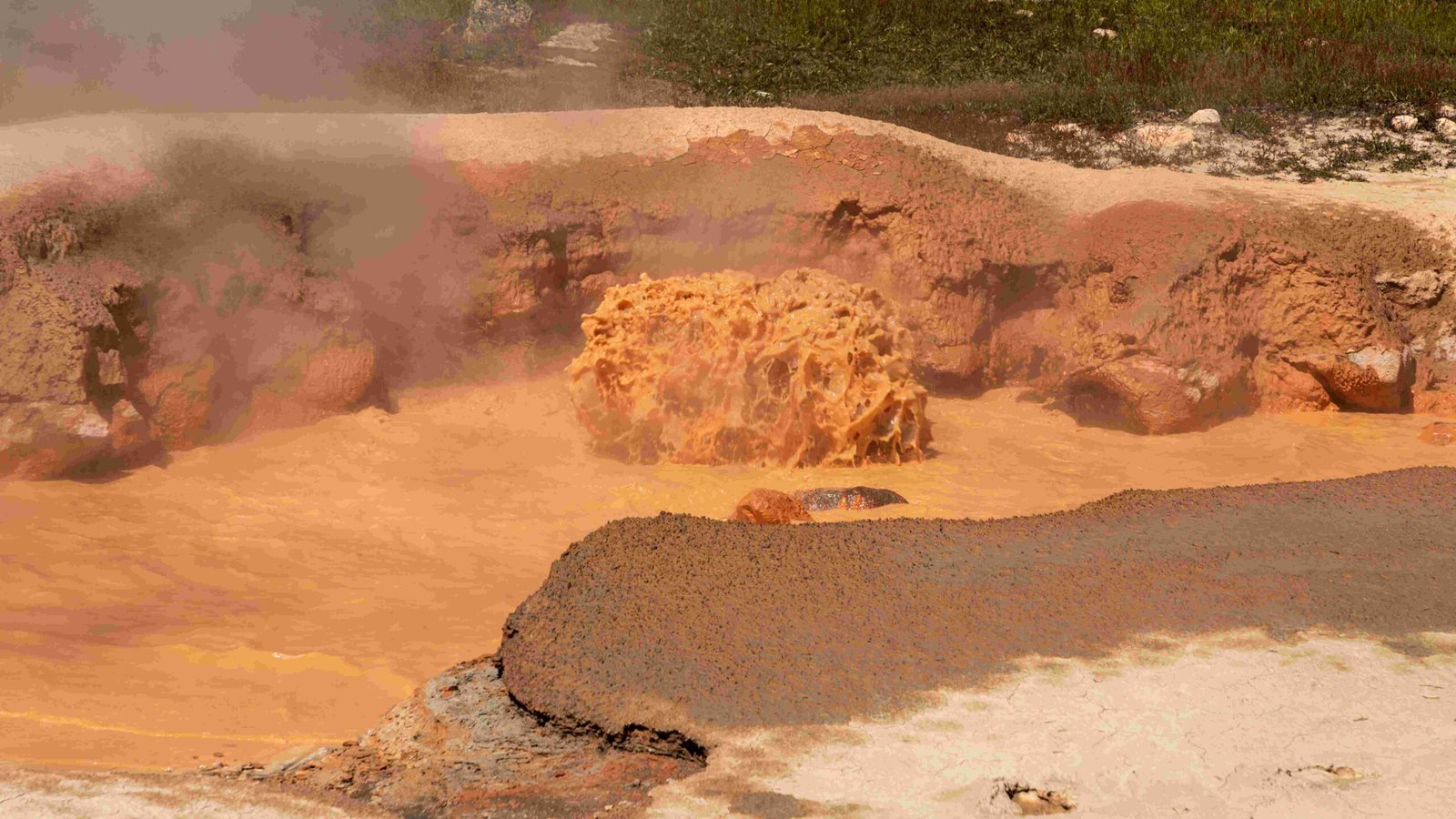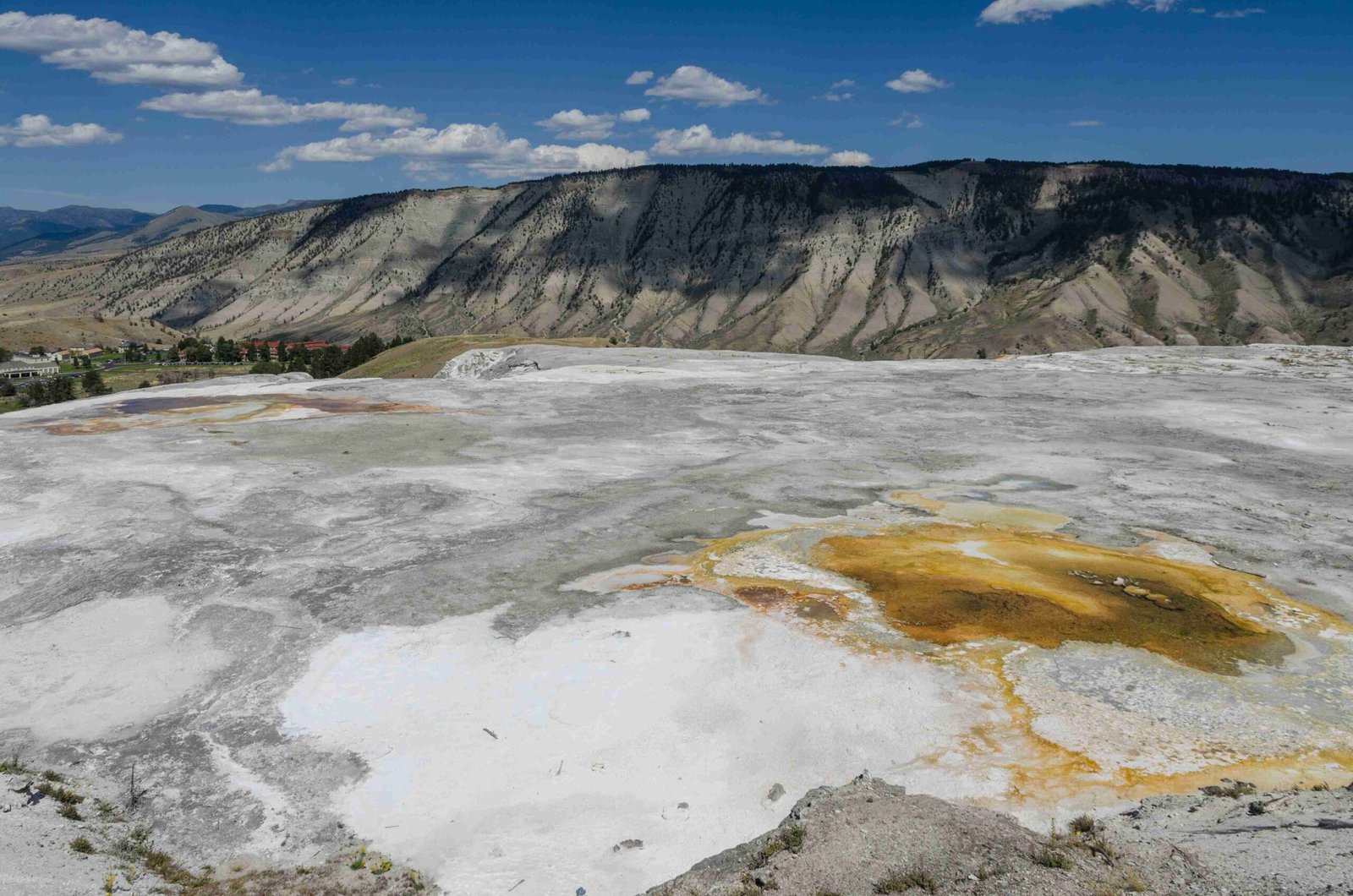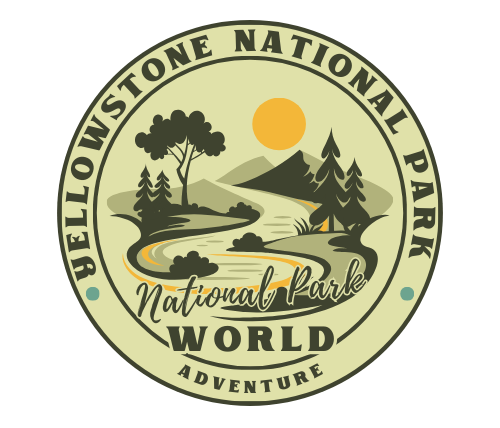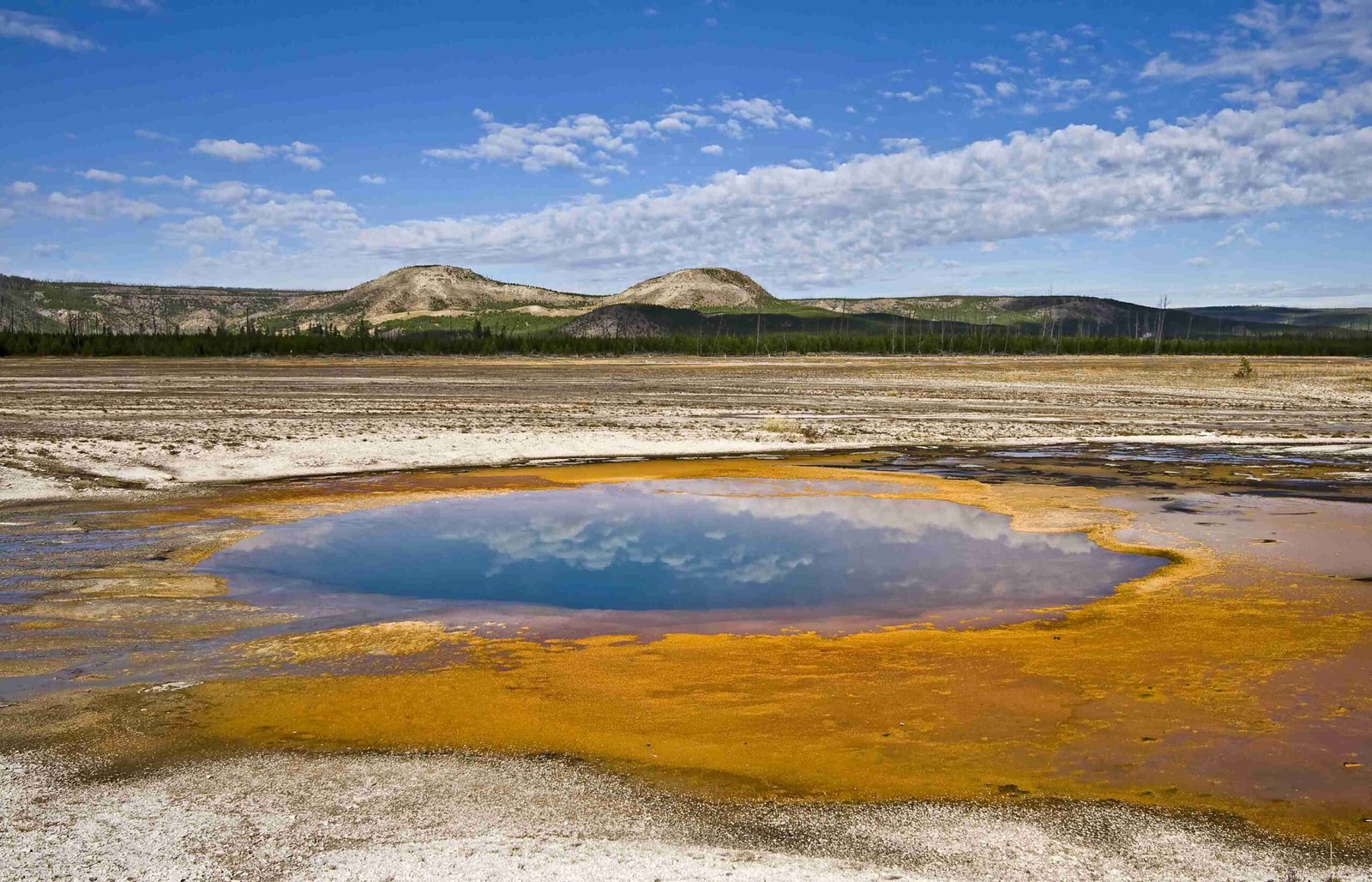Yellowstone National Park, America’s first national park, offers a wealth of natural wonders and diverse ecosystems. From geothermal features to abundant wildlife and breathtaking landscapes, there are numerous points to cover in Yellowstone National Park. This comprehensive guide highlights the must-visit attractions, wildlife viewing opportunities, geothermal features, and hiking trails to ensure an unforgettable experience in this iconic wilderness.
What Are the Top Must-Visit Attractions in Yellowstone?

Yellowstone National Park boasts an array of stunning attractions that showcase its unique geological and ecological features. Here are the top 10 must-visit spots:
- Old Faithful
- Location: Upper Geyser Basin (44.4613° N, 110.7942° W)
- Highlights: Predictable geyser eruptions, visitor center, lodging
-
Best time to visit: Summer months, especially July and August
-
Grand Prismatic Spring
- Location: Midway Geyser Basin (44.4273° N, 110.8383° W)
- Highlights: Largest hot spring in the US, vibrant colors
-
Best time to visit: Summer for optimal colors
-
Grand Canyon of the Yellowstone
- Location: Canyon Village (44.7222° N, 110.5° W)
- Highlights: Dramatic waterfalls, colorful rock formations
-
Best time to visit: Summer and early fall
-
Mammoth Hot Springs
- Location: Northern part of the park (44.9714° N, 110.7225° W)
- Highlights: Travertine terraces, historic Fort Yellowstone
-
Best time to visit: Year-round, but spring and fall are ideal
-
Norris Geyser Basin
- Location: Western part of the park (44.7222° N, 110.7° W)
- Highlights: Oldest and hottest thermal area
-
Best time to visit: Summer months
-
Yellowstone Lake
- Location: Southeastern part of the park (44.4333° N, 110.3333° W)
- Highlights: Largest high-elevation lake in North America
-
Best time to visit: Summer for boating and paddling
-
Hayden Valley
- Location: Central part of the park (44.6167° N, 110.45° W)
- Highlights: Prime wildlife viewing area
-
Best time to visit: Early morning and late afternoon
-
Thorofare Valley
- Location: Southeastern corner of the park (44.0667° N, 109.6333° W)
- Highlights: Remote wilderness, wildlife sightings
-
Best time to visit: Early morning and late afternoon
-
Mount Washburn
- Location: Dunraven Pass (44.7942° N, 110.4667° W)
- Highlights: Panoramic views, hiking trails
-
Best time to visit: Summer and early fall
-
West Thumb Geyser Basin
- Location: Western shore of Yellowstone Lake (44.4167° N, 110.5667° W)
- Highlights: Scenic geyser basin, lakeside thermal features
- Best time to visit: Summer months
Where Are the Best Wildlife Viewing Opportunities?

Yellowstone is renowned for its diverse wildlife. Here are some prime locations for wildlife viewing:
- Hayden Valley
- Species: Bison, grizzly bears, wolves, moose, osprey
- Best viewing times: Early morning and late afternoon
-
Regulations: Stay in vehicles, maintain distance, follow bear safety guidelines
-
Lamar Valley
- Species: Bison, wolves, grizzly bears, elk
- Best viewing times: Early morning and late afternoon
-
Regulations: Stay in vehicles, maintain distance, follow bear safety guidelines
-
Pelican Valley
- Species: Grizzly bears, bison, elk
- Best viewing times: Late summer to early fall, daytime
- Regulations: Hike in groups, follow bear safety practices, area closed from spring to early July
Remember to always maintain a safe distance from wildlife and follow park regulations to ensure both your safety and the protection of the animals.
What Are the Most Impressive Geothermal Features?
Yellowstone’s geothermal features are among its most iconic attractions. Here are some must-see geothermal wonders:
- Old Faithful
- Eruption schedule: Every 44 minutes to 2 hours
- Accessibility: Boardwalks and viewing area
- Safety precautions: Stay on designated paths
-
Visitor amenities: Old Faithful Inn, Lodge, gift shop, clinic
-
Grand Prismatic Spring
- Accessibility: Boardwalks and viewing area
- Safety precautions: Stay on designated paths
-
Visitor amenities: Nearby hiking trails and parking
-
Steamboat Geyser
- Location: Norris Geyser Basin
- Eruption schedule: Irregular, check with park rangers
- Accessibility: Boardwalks and viewing area
- Safety precautions: Stay on designated paths
- Visitor amenities: Museum and bookstore nearby
Always follow safety guidelines when visiting geothermal areas:
– Stay on designated trails and boardwalks
– Keep children close
– Never enter geysers or hot springs
Which Hiking Trails Offer the Best Experiences?
Yellowstone offers a variety of hiking trails for all skill levels. Here are some of the best:
- Mount Washburn Trail
- Length: 4.5 miles round trip
- Difficulty: Moderate
- Elevation change: 1,400 feet
- Estimated time: 3-4 hours
-
Highlights: Panoramic views, wildflowers
-
Elephant Back Trail
- Length: 3 miles round trip
- Difficulty: Easy to moderate
- Elevation change: 800 feet
- Estimated time: 2-3 hours
-
Highlights: Lake views, forest scenery
-
Uncle Tom’s Trail
- Length: 1 mile round trip
- Difficulty: Strenuous (due to stairs)
- Elevation change: 500 feet
- Estimated time: 1-2 hours
- Highlights: Close-up view of Lower Falls
When hiking in Yellowstone:
– Check trail conditions before starting
– Hike in groups, especially in bear country
– Carry bear spray and know how to use it
– Make noise to avoid surprising wildlife
By covering these essential points in Yellowstone National Park, visitors can experience the best of this natural wonder while staying safe and respecting the environment.
References:
1. Road Genius – Yellowstone National Park Statistics
2. PeakVisor – Yellowstone National Park
3. U.S. National Park Service – Yellowstone National Park

